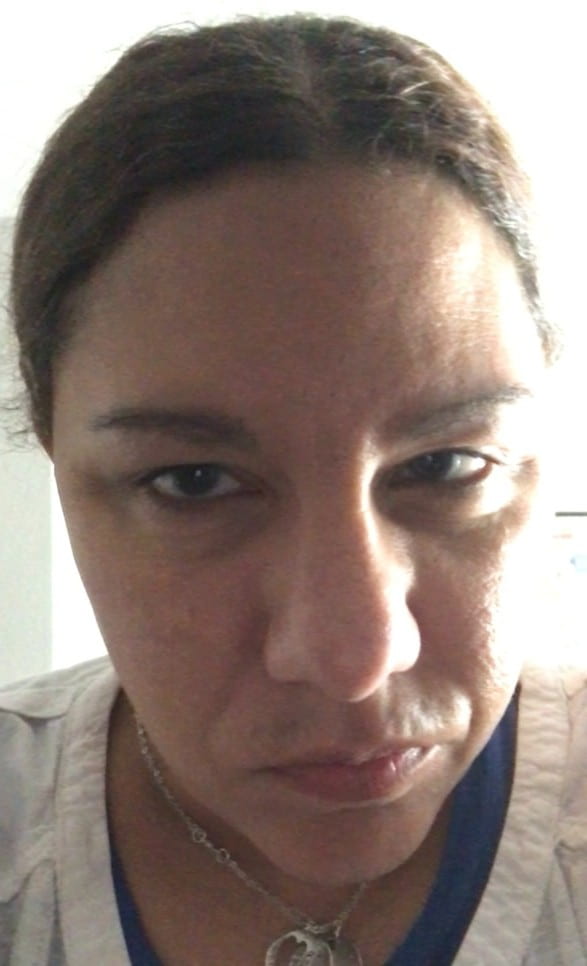What is Workflow?

Work•flow /ˈwərkflō/
“The sequence of industrial, administrative, or other processes through which a piece of work passes from initiation to completion.” – lexico.com
What is a quality workflow? How do we develop it? Below are elements of the production cycle that most creative people move through as they create something. First, we must identify the stages of project production. What is each stage and what are the quality checks for each stage. Read on and find out!
Stages of Creation Development
Inspiration
How do we find ideas to develop?
- We can use our experiences along with things that interest us to find ideas
- Think of the idea and make sure it is good before acting upon it
- Quality is in the eye of the beholder, but we should most look for original, interesting, and inclusive ideas
- Everyone measures quality, especially yourself
Intention
How do we clarify our specific goal(s) for a project?
- We use our thoughts and the people we discuss our goals with to clarify what our plans are
- After thinking and writing your goals down, discuss them with other people to assure that it makes sense
- Think of how your goals will help or hinder you in the end
- Only you can measure the quality of your goals, with some help from others
Pre-production
How can we brainwrite, brainstorm, storyboard, and plan our ideas at this phase?
- Once again we can use our thoughts to plan our ideas
- Go on walks, discuss with other people, and think to yourself about how you want things to go
- Imagine how people will view your ideas and project as a whole once it has been finished
- The quality of this is measured by yourself and whoever else may be working with you
Production
How do we communicate with each other and execute our plan for this phase? This is where we actually make the project.
- Use whatever the project requires, along with your brain and communication amongst your team
- Discuss with your teammates about what is to be done as well as thinking it over yourself
- Picture what the feedback of your project may be
- You and your team, as well as the viewers, measure the quality
Post-production
How do we communicate with each other and execute our final stages of the project for this phase? This is where we publish the project.
- We use the skills that we have learned from the project thus far and from outside works
- Look over everything to make sure it is the quality you imagined in prior stages of the project
- Compare your project to others you and other people have done, but don’t compare too harshly
- Once again, the quality is measured by you, those you worked with, and your viewers
Presentation/Performance
How do we share our project with our learning community, advisory members, and the world?
- The internet allows for a diverse group of people to see your work
- Spread the word about your project
- Look for feedback on what people think of your project
- At this stage, everyone measures the quality
Feedback
How do we conduct a feedback session at the end of the project development cycle?
- Articles and similar things can help you find out how your project was received
- Actively look for feedback
- Judge your project based on the positivity/negativity of the feedback
- The quality is measured by everyone except for you
